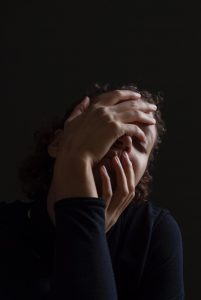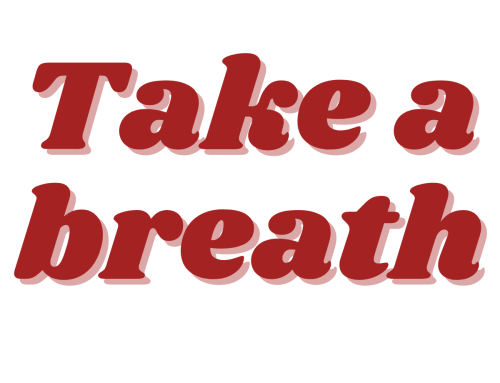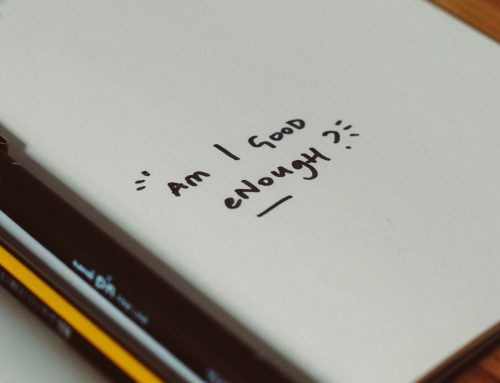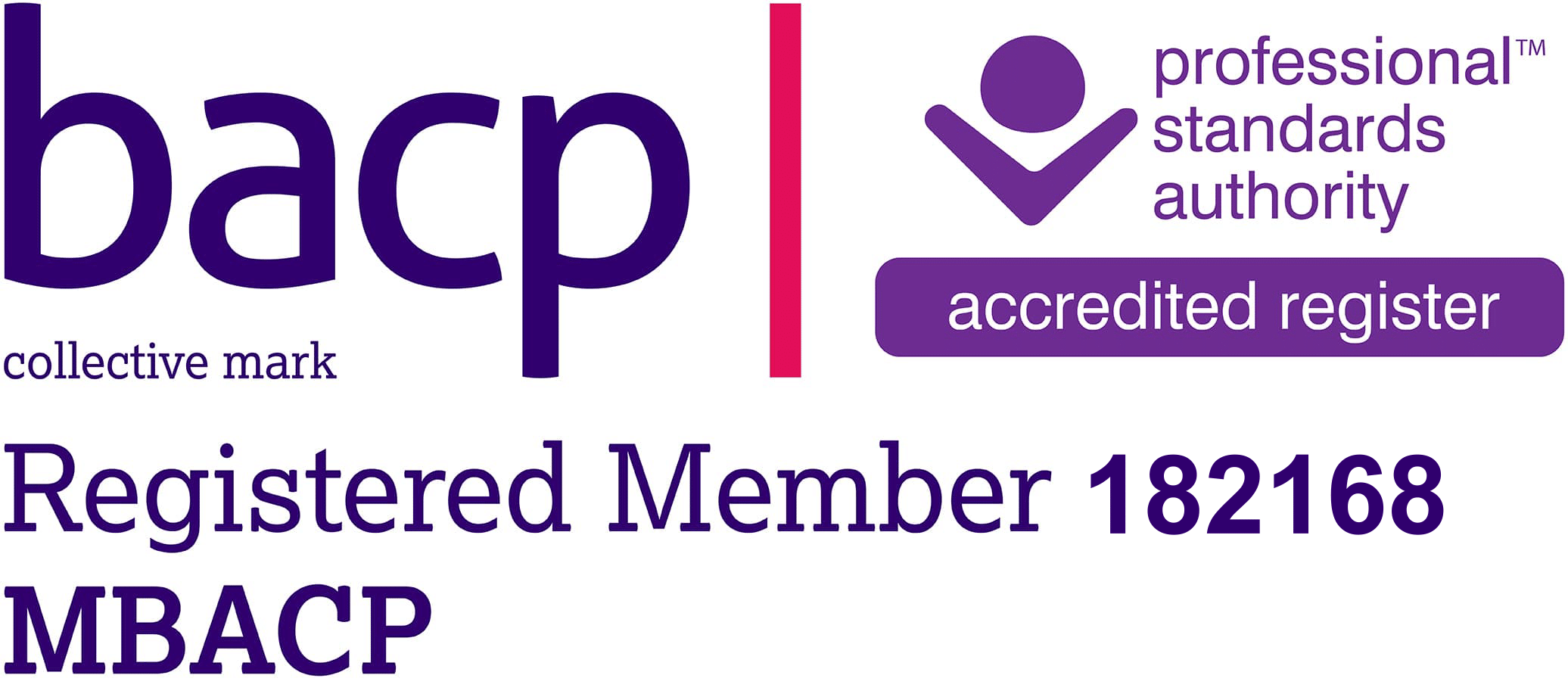
It’s a good question – am I depressed?
How would you know the answer to this?
There are some classic symptoms to look out for:
- Worrying more – this can be just thoughts, or it can manifest in your body as physical symptoms of anxiety: palpitations, sweaty hands.
- Feeling low – miserable, down, a bleak outlook.
- Intrusive thoughts – your thinking can seem all over the place, with thoughts seemingly coming from nowhere.
- Sleep disturbance – increased fatigue, sleeping less, or more as you hide away from the world.
- Withdrawal – seeing friends and family less, avoiding conversations.
- Mood disturbances – feeling more angry, irritable, or flat. Feeling despairing or persistent sadness.
- Feeling tense – physically your body can tense up.
- Feeling worthless – like you have nothing to offer the world, increasing the withdrawal from others.
- Using alcohol or drugs more – as a way of avoiding life.
- Appetite changes – comfort eating, or not eating at all.
- Physical pain – feeling more aches and pain in our bodies generally, particularly unexplained pain can be a symptom of our emotions being out of whack.
- Poor concentration and lack of enjoyment of the things we would normally feel joy in.
- Suicidal thinking – the ultimate intrusive thought.
Most of these symptoms on their own are pretty manageable, but one can lead to another.
Of course “Depression” is a medical term – a diagnosis offered by a Doctor, but we hear the term nowadays in our everyday language, people say ‘I feel depressed’, and not to take away from anyone, but having a diagnosis of depression is a different thing.
Depression affects one in six people in the UK, according to the Mental Health Foundation, but that’s just the people who make it to see their GP. I for one, wonder if the true figure isn’t higher?
The tricky thing about Depression is of course that you can’t see it, it’s not like having a broken leg. It’s also different for absolutely everyone, making it pretty hard to diagnose. I remember working in an acute older adults ward whilst nursing and the most aggressive old man was admitted, so angry – outraged at being admitted, but violent with it. When he got better, with treatment, he was gentle and happy, not the man we had first met at all! I remember him particularly as his presentation was so atypical.
A note on the image (thank you Kat Love via Unsplash.com) that I’ve used. This is how depression can feel, it is rarely what it looks like. People don’t look any different when they’re depressed, which makes it all the more difficult to notice, talk about, or relate to.
So it can be difficult to pin down. Not least because, no one feels anything all of the time. Our moods fluctuate through the day, depending on what we’re doing. I personally think a ‘bad day’ is pretty rare, as there will be moments within every day where we feel calm, angry, sad, happy, content, relaxed, grief-stricken – you name it. Even if you do have a diagnosis of Depression, you still feel a range of emotion because you are human.
Am I depressed?
Are you? Do you want to be?
Some people find it easier to manage if they have a diagnosis. A label can be empowering, it can be the start of changing things. Others feel aggrieved by labels, concerned that they may be treated differently.
One question I’ve been asked before is “Is depression real?” – interesting question eh? Everything is made up when you think about it, so as a concept, depression only exists within the context of human life as we know it (woah!), but the feelings and ‘symptoms’ are certainly really felt, and can be described by the humans feeling them, so the answer is that it must be real…
Am I depressed?
If you are experiencing feelings that are unwelcome, your energy levels are not where you would like them to be, amongst any of the symptoms above, that are impacting on your ability to live, love and enjoy your life, then maybe it’s time to do something about it?
Classically – you can see your GP, who is likely to offer anti-depressants as a first port of call, and then a referral to talking therapies.
My Clients choose an alternative way, my alternative way!
How can I help with Depression?
Transformational Coaching enables you to identify the root cause of how you’re feeling – most commonly:
- Not feeling good enough
- Not following your heart’s desire or doing something you love
- Feeling out of control
- Chemical imbalances and lifestyle
- Disconnection from what matters most
I combine Rapid Transformational Therapy with life coaching, to powerfully harness the mind – the one thing we can actually have control of! And enable clients to live the life they dream of.
It might sound too good to be true! Read my success stories to hear from real life clients who have recovered using this process.
So – Am I depressed?
Maybe, and maybe you can take control of this and make changes to your life that will create freedom for you to live the life you have imagined?
Book a complimentary consultation call with me, to feel truly alive again.
What could be better?







